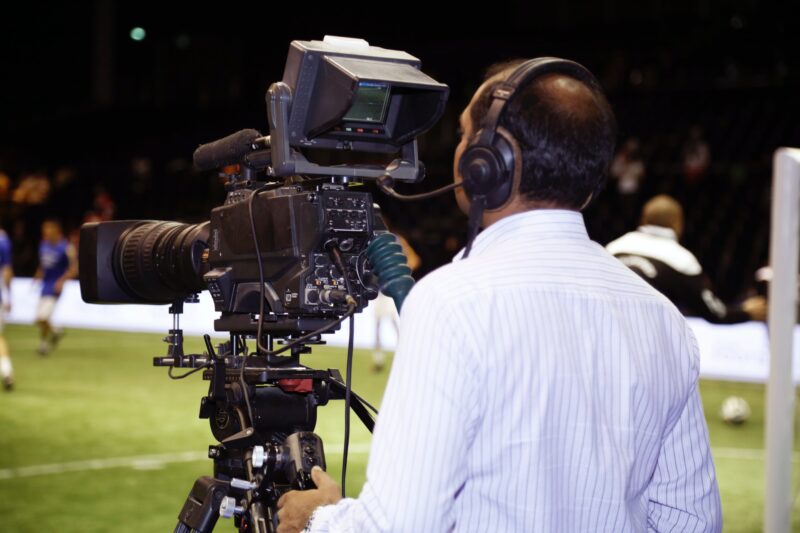For sports broadcasters and their production teams, this has meant accelerating the ‘toe in the water’ approach that had been taken with remote working for live sport broadcast and editing.
‘Sports federations are understandably risk adverse’, explained Fergus Garber, Director of Production at BT Sport.
‘Changes to the way we work – small and large can only be done incrementally as so much is at stake with a live sports broadcast. Even though BT Sport’s Remote Production roadmap was at an advanced stage, there’s no doubt that this kind of rollout would have taken significantly longer to implement in normal times. Covid meant the rights holders worked quickly and collaboratively with the broadcasters in order to deliver the matches to a locked down audience. Fortunately, we and other and other broadcasters were ready to deploy remote production because of the work already undertaken – the real challenge was the scale. All parties really stepped up to deliver”.

